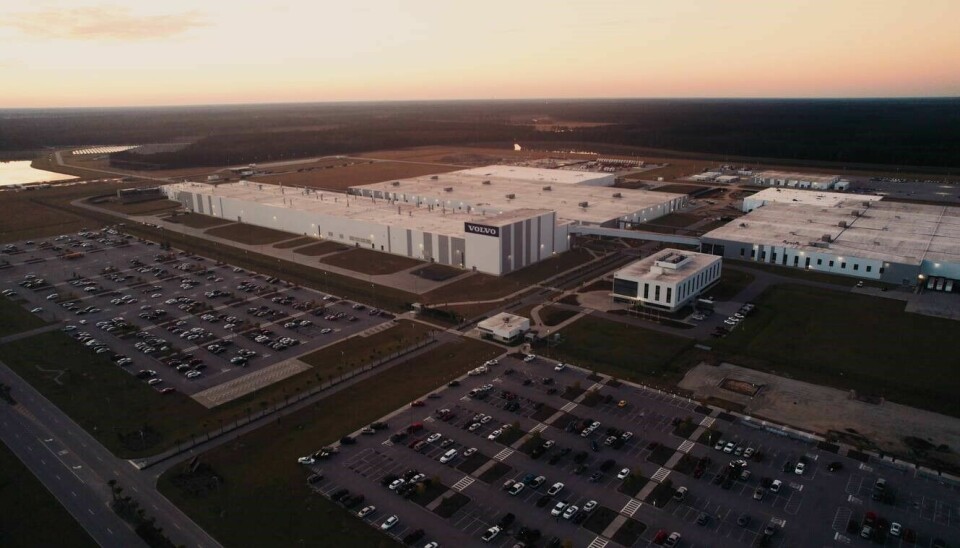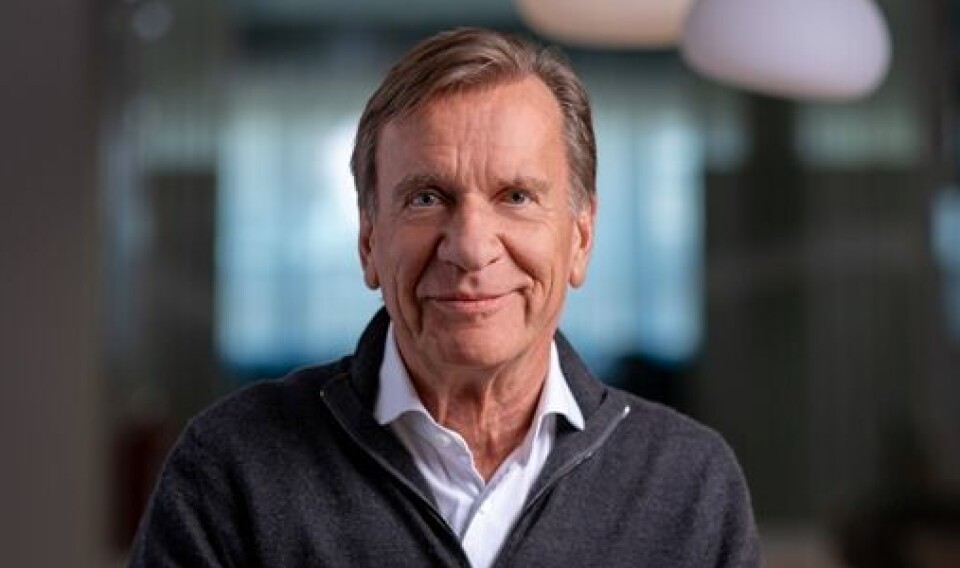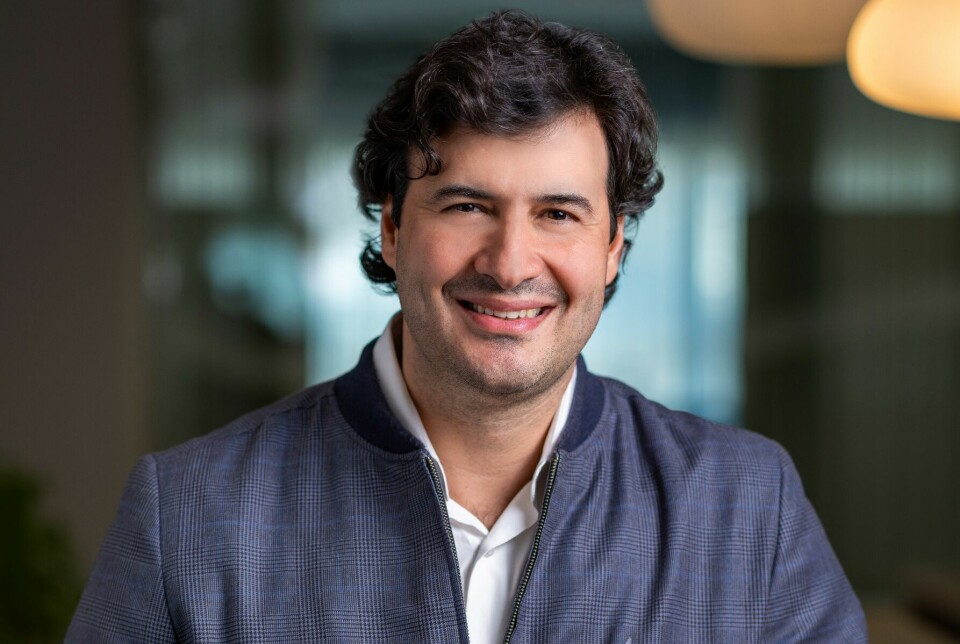Manufacturing Expansion
Volvo Cars ramps up South Carolina Hybrid output

Volvo Cars boosts its Ridgeville plant with new investments, adding XC60 and hybrid production to hit full capacity, aligning with US demand and global goals amid trade and EV market challenges.
Volvo Cars is funnelling additional capital into its Ridgeville, South Carolina plant, building on a $1.3 billion investment over the past decade. The goal is to fully utilise the facility’s 150,000-vehicle annual capacity, a move that promises sharper cost efficiencies in a sector battered by supply chain volatility. Operational since 2015, the plant currently produces the electric EX90 SUV and Polestar 3 but runs below potential.

By introducing XC60 mid-size SUV production from late 2026, Volvo capitalises on a model that sold over 27,000 units in the US in the first eight months of 2025, up nearly 20 per cent year-on-year. This shift may also counter rising tariffs on Chinese imports, which have disrupted global automotive trade since 2024.
Before 2030, a US-specific hybrid model, likely a next-generation XC90, will join the line-up, blending petrol and electric power to appeal to buyers hesitant about full EVs. This reflects Volvo’s regionalisation strategy, tailoring products and production to local markets to mitigate risks from geopolitical tensions and supply bottlenecks.
“Our investment plans once again reinforce our long-term commitment to the US market and our manufacturing operations in South Carolina,” said Håkan Samuelsson, chief executive. “This year, we celebrate 70 years of Volvo Cars presence in the United States. We have sold over 5 million cars there and plan to sell many more in years to come.”
South Carolina’s automotive edge
South Carolina’s status as a US automotive powerhouse, leading in vehicle exports, is bolstered by Volvo’s plans. The state’s skilled workforce and port access have drawn over $2 billion in auto-related investments since 2020, with Volvo’s expansion poised to add jobs and supplier activity, though exact figures remain undisclosed.
Nearby, Magna’s $200 million investment created 200 roles, hinting at the ripple effects Volvo’s move could trigger. Yet, the shift to electrification demands new skills in battery systems and software, areas where South Carolina lags behind tech hubs like California.
“Volvo Cars' decision to further invest in Ridgeville reinforces South Carolina's position as a national leader in automotive manufacturing,” said Henry McMaster, Governor of South Carolina. “It highlights the strength of our workforce and the confidence the world's top companies have in our state. We're proud to continue our partnership with Volvo Cars and look forward to the company's ongoing success in South Carolina.”
The plant’s ability to handle multiple platforms and technologies offers agility in a turbulent market. Still, South Carolina’s reliance on foreign manufacturers like Volvo and BMW, whose exports exceed $10 billion annually, raises questions about economic sovereignty if trade policies harden.
Volvo navigating a tricky EV landscape
Volvo’s US strategy aligns with its global network, including plants in Europe and China, to deliver region-specific products while pursuing net-zero emissions by 2040. Yet, recent financial turbulence, including a $1 billion loss in Q2 2025, has forced a recalibration.

Volvo now targets 50 to 60 per cent electrified sales by year-end, down from earlier ambitions, as EV demand wanes amid sparse charging networks and reduced subsidies. Hybrids, outpacing pure EVs in US sales, make Ridgeville’s planned hybrid a pragmatic bet.
“The Charleston plant is foundational to our strategic growth plan for the US,” said Luis Rezende, Volvo Cars’ president of Americas. “By adding another model into production here, we’ll take a big step toward realising the full potential of our local manufacturing investments and workforce, and accelerate progress toward our ambitious commercial targets in the coming years.”
The challenges and opportunities of production investment
Volvo’s 2024 performance, with a core operating profit of $2.87 billion, and revenue of $42.5 billion, supports its investment push. Global sales of 763,389 vehicles provide a solid foundation, but rising material costs and a softening premium market pose risks.
Localising production in Ridgeville may ease reliance on China’s EV supply chain, a strategy mirrored by rivals like BMW. Success will depend on hybrids bridging the gap to full electrification, as consumer caution and infrastructure gaps slow the transition. Volvo’s regional focus could prove a deft move in a fragmented global market.





